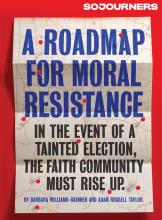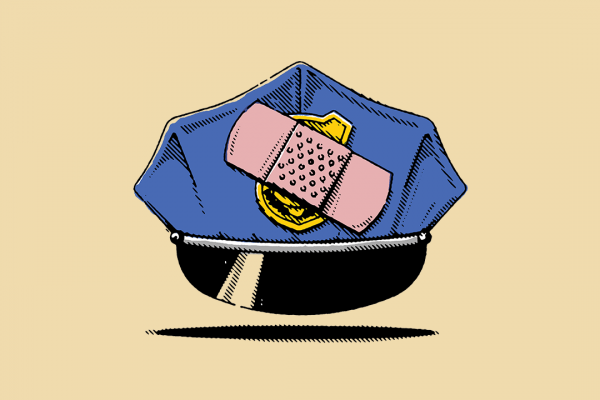FOR ABOUT TWO decades I was part of a small, unaffiliated fundamentalist religious community in South Carolina. There I learned that Jesus’ condemnation of religious hypocrisy was a warning to adhere tightly to the church’s long list of superficial rules for holy conduct. It was a holiness defined more by rule compliance than goodness of heart.
Later, in college, I learned that Jesus was making an institutional critique more than an individual one in those biblical passages. He was in fact condemning a devotion to rigid rules that emphasized appearance over substance and venerating law while neglecting the soul.
Such beliefs are an apt metaphor for the fundamental defect in a near-century of U.S. police reform efforts. Most have ignored the heart and soul of our policing and carceral institutions; they have instead tinkered with these institutions’ appearances. Many of these reforms likely reduced some harms of U.S. policing. Yet, they have left largely in place the ideas and practices that taint the heart of American policing: Police techniques—even those blessed by law—maintain an anti-Black, gendered, heteronormative, and ableist status quo. As Christian faith teaches, mere adherence to rules is not holiness. As we learn by examining the limitations of police reform, reduction of harm is not justice.
Read the Full Article

